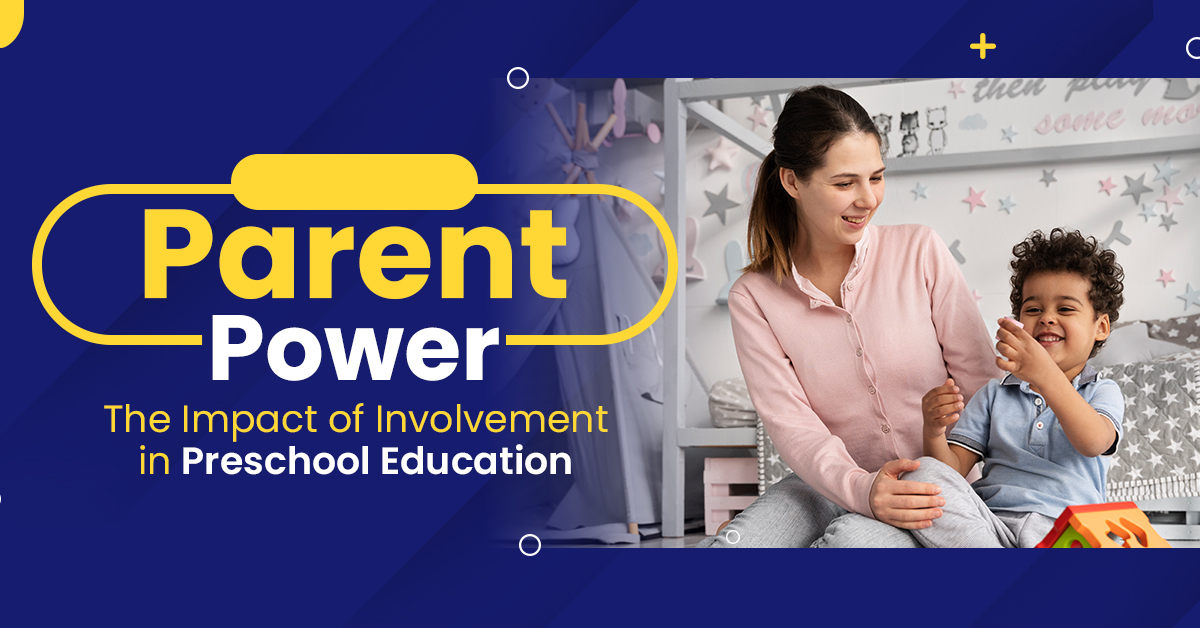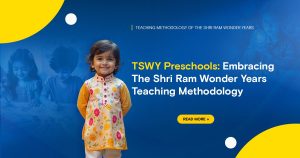Parental involvement is a cornerstone of a child’s educational success, and this rings especially true during the formative years in preschool. The influence of engaged parents extends far beyond the walls of the classroom, shaping a child’s attitude toward learning and building a foundation for future academic achievements. Let’s explore the profound impact of parent power involvement in preschool education.
Creating a Seamless Learning Experience:
When parents actively participate in their child’s preschool education, they create a seamless learning experience that bridges the gap between home and school.
This continuity is crucial for a child’s understanding and retention of concepts introduced in the classroom.
Building a Supportive Network:
A strong partnership between parents and teachers establishes a supportive network for the child.
Regular communication channels, such as parent-teacher meetings, newsletters, and digital platforms, facilitate a continuous exchange of information, ensuring that everyone involved is on the same page regarding the child’s progress and developmental milestones.
Fostering a Positive Attitude toward Learning:
Children are perceptive, and their attitudes toward learning are often shaped by the attitudes of those around them.
When parents express enthusiasm for education, engage in learning activities at home, and demonstrate a positive attitude toward school, children are more likely to adopt a similar mindset.
Strengthening Social and Emotional Development:
Parental involvement extends beyond academics to support a child’s social and emotional development.
Parents who actively participate in school activities, attend events, and volunteer in the classroom contribute to a sense of community.
This involvement helps children build social skills, form positive relationships, and develop emotional intelligence.
Tailoring Education to Individual Needs:
No one knows a child better than their parents. Actively involved parents bring valuable insights into their child’s individual strengths, challenges, and learning preferences.
This intimate knowledge can aid teachers in tailoring educational strategies to meet the unique needs of each child.
Encouraging a Love for Learning:
Parents are a child’s first teachers, and their role in fostering a love for learning is unparalleled.
Reading together, exploring educational activities, and engaging in conversations about the child’s day at preschool contribute to a positive association with learning that lasts a lifetime.
Reinforcing Learning at Home:
Preschool education is not confined to the classroom. Parents play a vital role in reinforcing and extending learning at home.
This can involve simple activities like counting during daily routines, practicing letter recognition, or engaging in creative projects that align with classroom themes.
Strengthening the Three-Way Handshake:
In the educational journey of a child, the partnership between the parent, teacher, and the environment is often referred to as the “three-way handshake.”
Actively involved parents complete this triumvirate, strengthening the connection between home and school, and contributing significantly to the holistic growth and development of the child.
Conclusion:
Parent power in preschool education is transformative. It goes beyond supporting academic achievements to shape a child’s character, instill a love for learning, and create a strong foundation for future educational endeavors. When parents actively participate in their child’s preschool journey, they become true partners in the exciting adventure of early learning.





